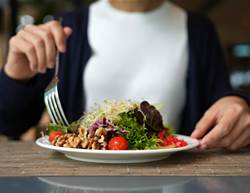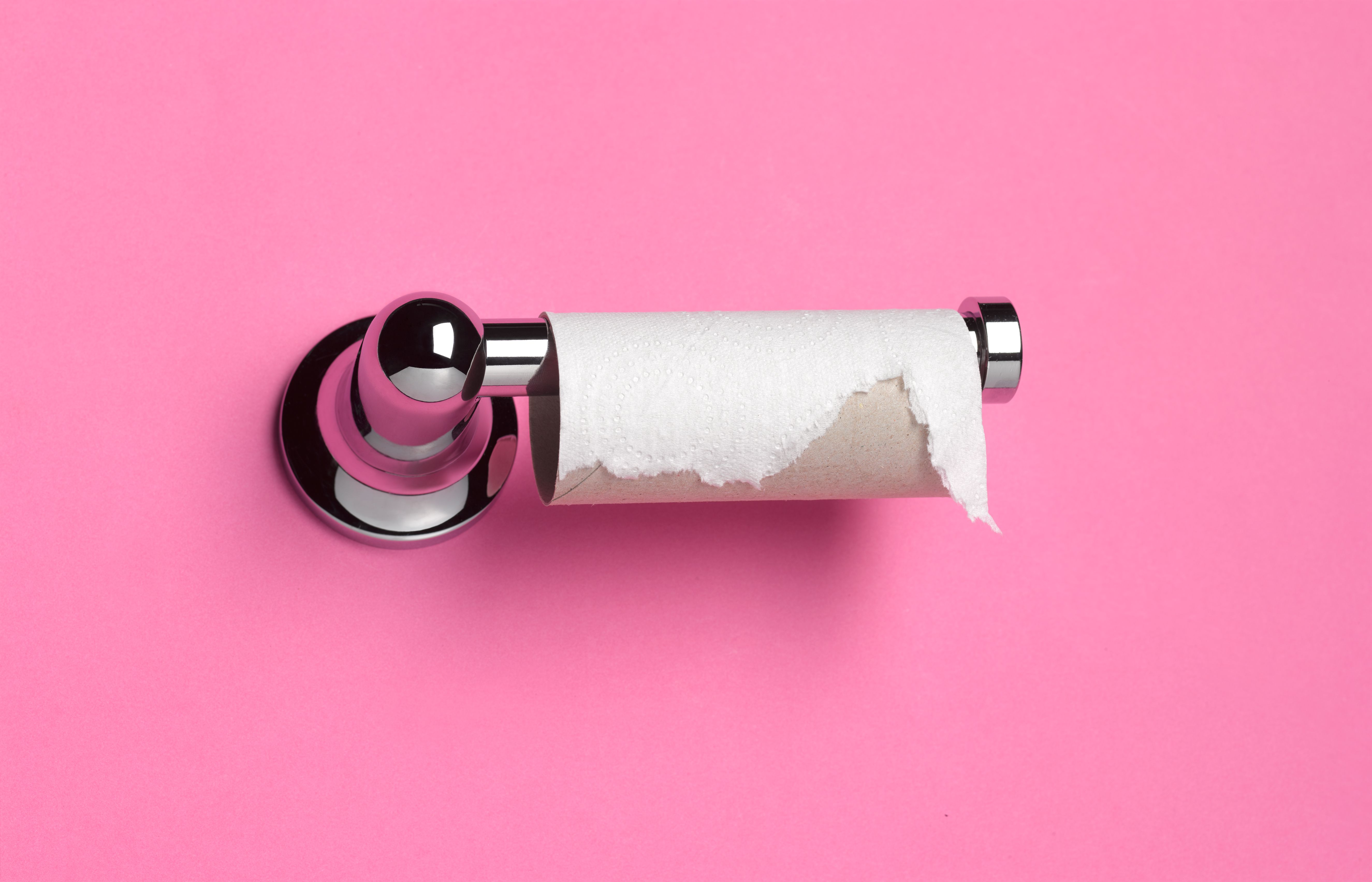
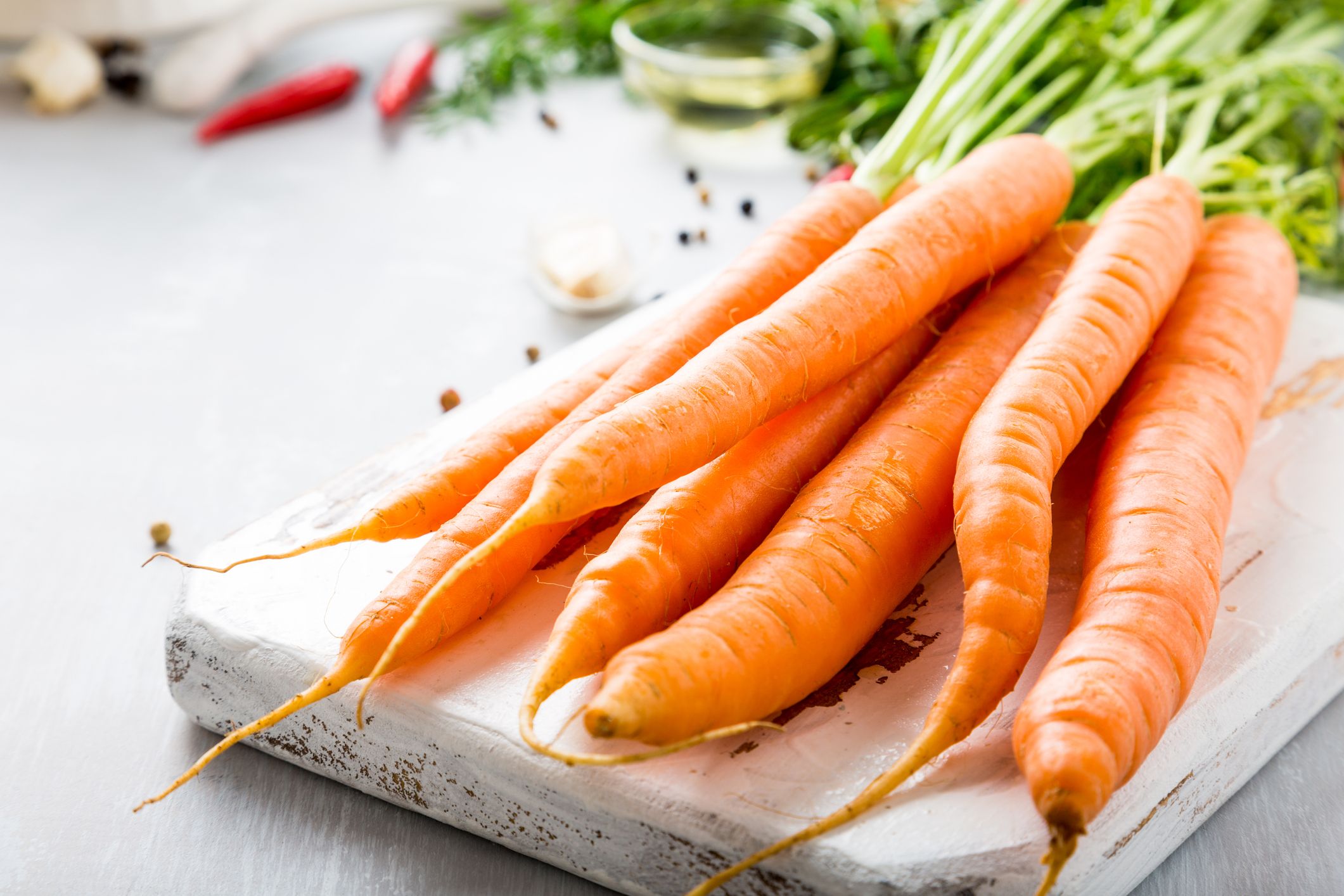

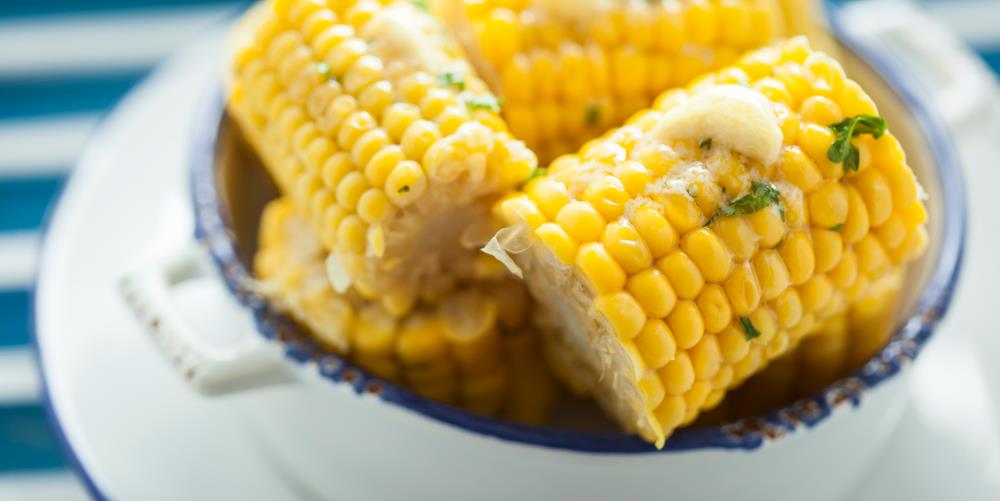

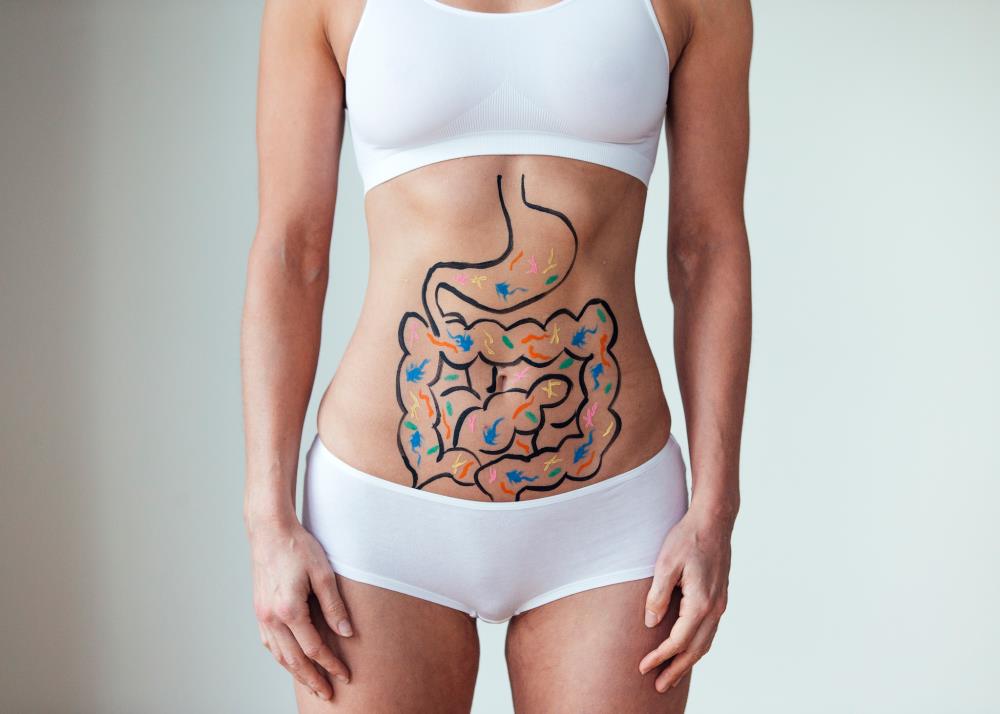

GMVozd ©Getty Images
Unless you’re a gastroenterologist, you probably don’t discuss poop on a regular basis. But odds are, you may have some questions about your visits to the loo that have been left unanswered. For instance, ever wonder why certain foods remain whole in your stool? We spoke with GI docs to solve this mystery—read on for several potential factors causing food particles in your poop.
GMVozd ©Getty Images
Certain foods aren’t broken down properly.
The bacteria in your body should be able to properly break down your food, but sometimes high-fibre foods are especially difficult to digest. Corn, carrots, cereal, seeds, and nuts are among the most common culprits as the starches in these foods can be difficult to digest. Because these foods pass through the body virtually unchanged, we don’t always absorb all of their nutrients.
“Almost all plant-based foods contain complex carbs that are not easily converted into fuel by our bodies,” says Dr Daniel Freedburg, gastroenterologist.
To ensure that you are truly absorbing your nutrients, try steaming your veggies—this will soften them, allowing more of their nutrients to be released.
GMVozd ©Getty Images
You’re not chewing your food thoroughly.
What we see in our stool is also influenced by how well we chew our food. The digestion process begins with mastication, the process in which food is crushed and ground by your teeth.
“If we don’t chew our foods thoroughly, this makes it difficult for digestive enzymes to work on the food, so they pass through intact,” says dietitian Sonya Angelone. (Your saliva, glands in the stomach lining, pancreas, liver, and small intestine all contain digestive enzymes, substances that speed up chemical reactions to help break down the food you eat into its base nutrients.)
GMVozd ©Getty Images
The food has a tough exterior shell.
Some nuts and seeds have tough exterior shells that make it difficult to access the fats stored inside. Not so for corn—so why does it always seem to pass through our bodies whole? It may not have a hard shell, but each kernel of corn has an outer casing composed of cellulose, which cannot be broken down by human enzymes. The inside of the kernel gets digested, but the cellulose casing remains visible. While it may appear that the corn is fully intact, we do usually absorb these nutrients.
GMVozd ©Getty Images
You ate a brightly coloured food.
Weirdly enough, the food you eat can show up in your stool simply through colour alone. If your poop turns green (or even blue!), it could be a result of eating a lot of green, leafy vegetables, vibrant berries, or something that contained bright food colouring.
“Aside from veggies, parents may notice their kid’s poop turned green from the food colouring used in icing—what I call birthday cake syndrome,” says Dr Niket Sonpal, gastroenterologist.
Meanwhile, foods like beets and jelly can turn your poop red. Just keep an eye on it: If you don’t remember eating something with this pigment, it could be a sign of blood, which warrants a visit to your doc.
GMVozd ©Getty Images
Things move quickly.
Normally, it takes 24 to 72 hours for food to pass through the digestive tract. Some people have a high motility rate and might notice food particles in the stool that haven’t had time to be fully broken down. “This motility rate is the transit time, which is affected by the health of the colonic muscles as well as the composition of the diet,” Angelone explains.
The gastrointestinal tract is made up of four distinct parts: the oesophagus, stomach, small intestine, and large intestine. Each part of the GI tract has a unique job in digestion, and motility can vary even between different sections of the bowels, says Dr Suneeta Krishnareddy, gastroenterologist.
GMVozd ©Getty Images
You’re having other GI issues.
Seeing food particles in your stool is not typically cause for concern. However, if they are accompanied by diarrhoea or weight loss that can’t be explained for another reason, it can be a sign of more serious condition and should be evaluated by a doctor, says Dr Krishnareddy.
Diarrhoea and weight loss can both be a signs of malabsorption related to celiac disease, Crohn’s disease, or problems with your pancreas. Be aware that all diseases causing malabsorption can cause undigested food particles in the stool.
“It’s not a specific symptom of a particular disease, which is why it should be evaluated by a professional,” Dr Krishnareddy says.
Additional reporting by Kaitlyn Pirie






